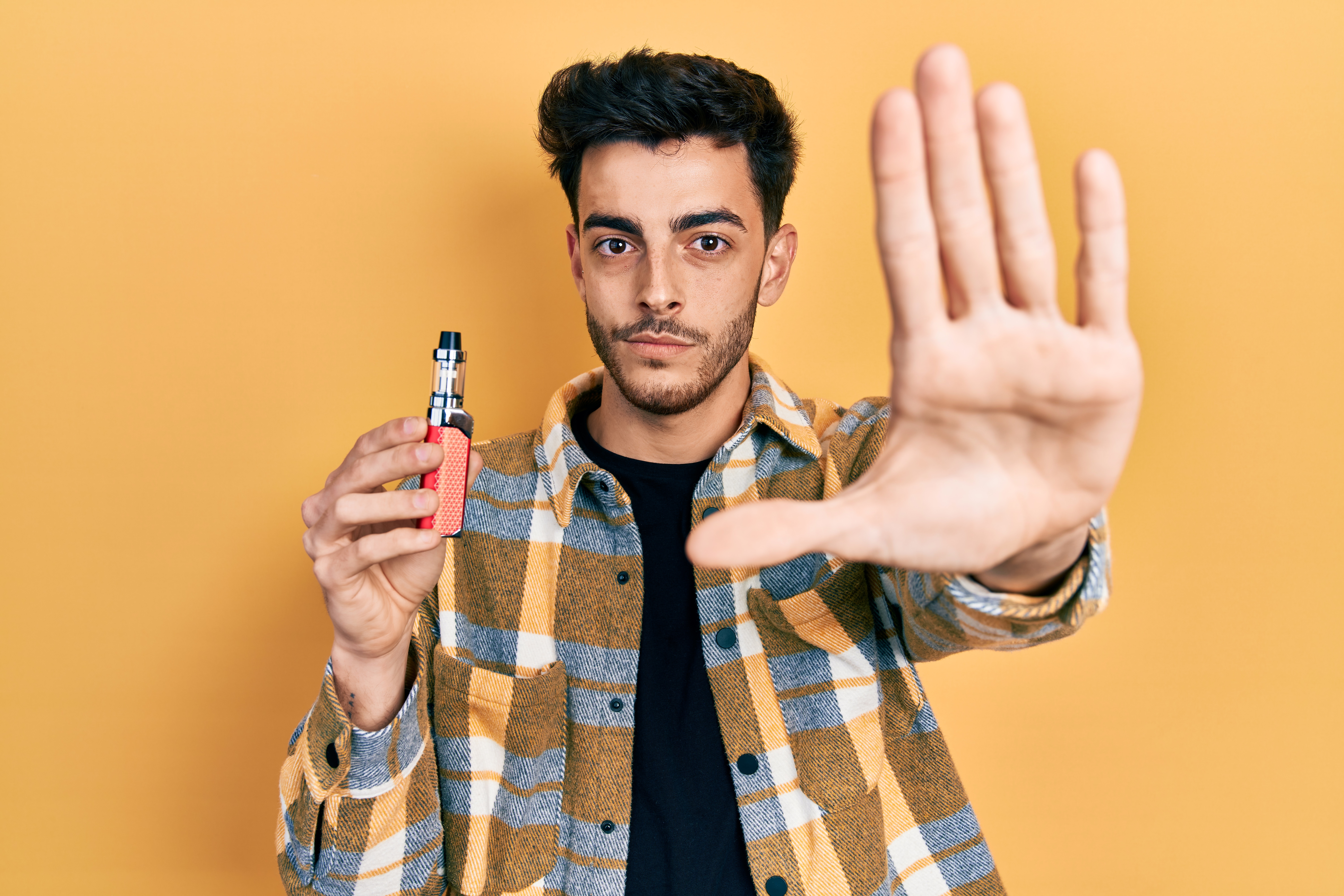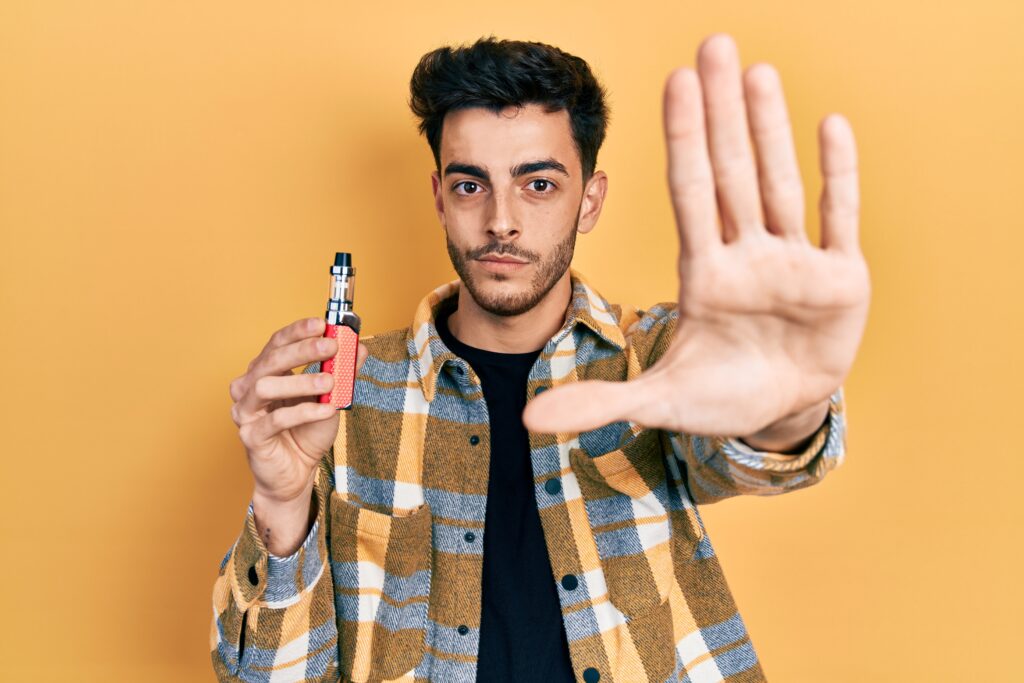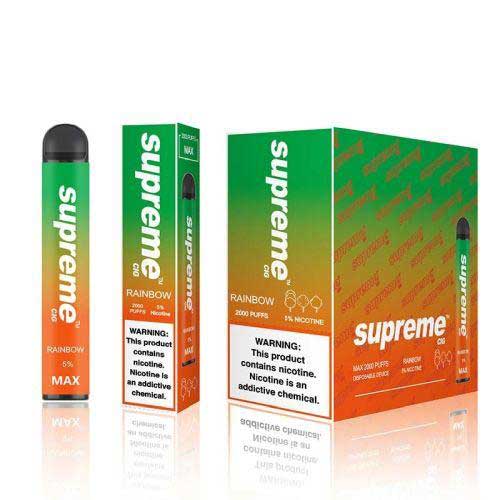
A think tank in Malaysia has urged the Parliamentary Special Select Committee (PSSC) reviewing the tobacco generational endgame (GEG) bill to remove Clause 17 of the legislation.
The clause criminalises smoking, vaping as well as the possession of any tobacco products or smoking devices by those born in 2007 and onwards.
Galen Centre for Health and Social Policy chief executive officer Azrul Mohd Khalib said the law should instead put the burden on retailers, companies and corporations to not sell or supply tobacco and vape products to the GEG generation.
“Clause 17 makes the proposed legislation vulnerable to accusations of selective [prosecution], creates stigma and discrimination and marginalizes a group of people who will need support and assistance,” said Azrul in a statement. “Despite our best efforts, in the future there will be people in the GEG group who smoke and vape, and become addicted to nicotine. Should they be punished?
“The legislation should ensure that it is an offence to legally sell or supply tobacco or vape products to those born from Jan 1, 2007.”
Azrul stressed that anyone addicted to nicotine has the right to be treated equally under the law, with compassion and dignity.
He said the GEG bill should not be allowed to disproportionately affect young people, people from low income groups and vulnerable populations.


















